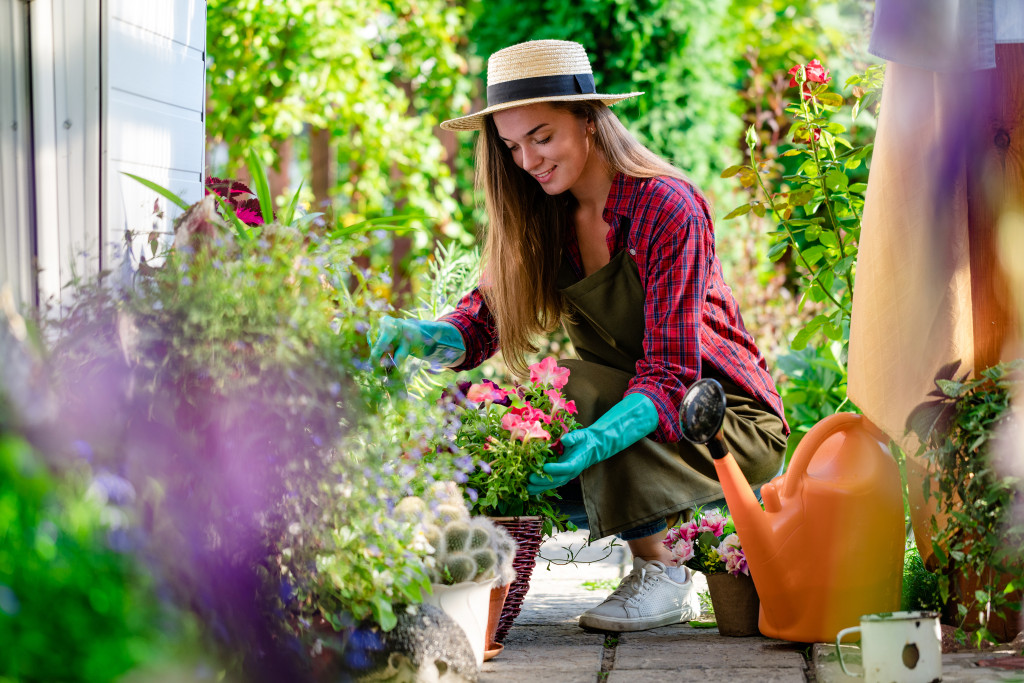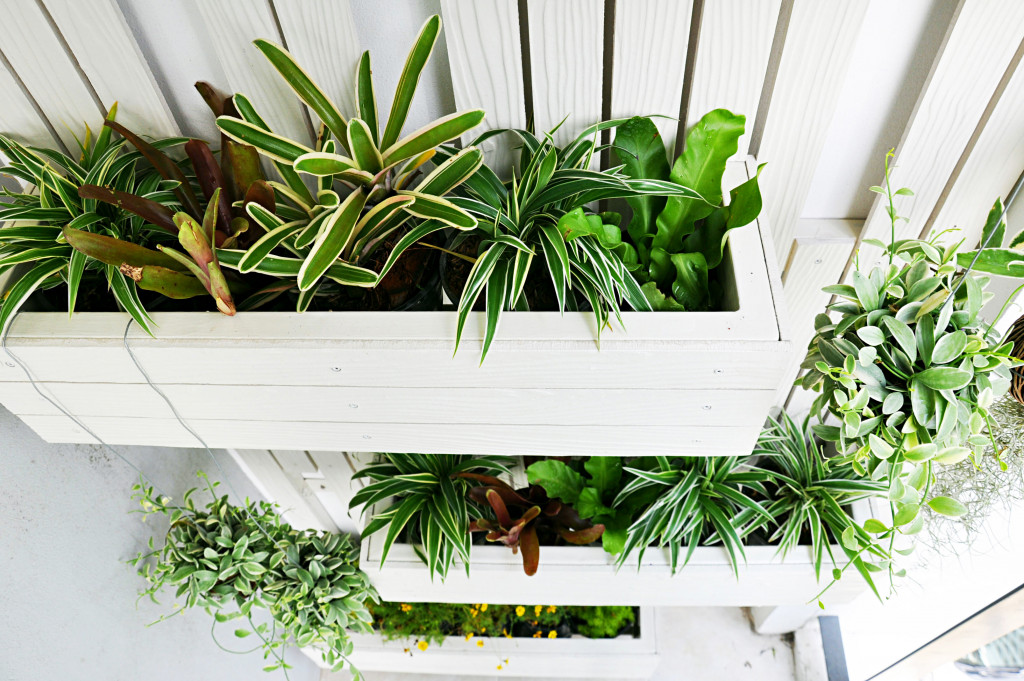When you have an outdoor space in your home, whether a small balcony or an actual spacious yard, you can grow vegetables most suitable for your area and your space. This way, you get to have a fresh, organic harvest and food. Another great thing about this is that you created a garden with your own hands, adding to your self-empowerment.
You will feel a sense of satisfaction and joy when you see the seeds that you planted grow into a fruitful outcome. Of course, there will be challenges along the way, especially if you’re a first-timer. However, it’s nothing you can’t push through. Just because you face a few challenges doesn’t mean you won’t be successful.
It is fulfilling, and you can obtain the benefits of eating fresh and organic vegetables without chemicals and pesticides. Plus, you get to reduce financial costs as you develop a hobby that’ll keep you healthy and busy.

Small Space Doesn’t Mean Impossible
You can always find a space for your vegetable plants if you want to. It can be just right by a window since a garden doesn’t have to be huge, especially for a start. You can grow plants indoors and outdoors, depending on their kind. You can even start a garden on your balcony, terrace, or front porch. Try to grow plants on a container or a vertical garden, however small your space is.
So don’t make space your excuse for not starting the vegetable or herb garden you’ve always wanted to grow. If you think you don’t have enough space, you can do something about it and make some space. Consider it as your chance to declutter a room in your house or your kitchen.
Consider an Indoor Herb Garden
When growing a little herb garden inside your home, there are three essentials: a sunny location, containers with drainage holes, and well-drained soil. You can use a potting or planting mix. That way, it doesn’t get moist too much.
Herbs grow best under sunny conditions, so they need to be near a window that receives at least six hours of sunlight. If you don’t give them enough sunlight, you can always try supplemental lighting from fluorescent lights. Be sure to place it about eight inches away from them.
The type of container isn’t that important. Your plants need at least a six-inch hole across the pot to give space for the roots to grow. If you pick larger pots, it can be beneficial because the soil dries out more slowly this way. That means they will need less watering.

Growing Vegetables in Raised Beds
Raised beds for your garden are perfect small spaces as well. They allow easier access, better drainage, and faster warming, especially in spring. If you’re a beginner, a four-feet by four-feet can already work and hold a lot of vegetables. However, be careful not to crowd them too much. Fill your raised beds with a mix of good soil and compost to have a great start.
Don’t Neglect Soil Preparation
Whatever garden you decide to grow, soil preparation is as essential as sunlight to plants. Plants rely upon their nutrition from the soil. Even if you water them properly and provide them with the proper amount of sunlight, they still won’t be as healthy as when you properly prepare their soil.
Protecting Your Plants
As your plants grow, you can expect to attract some insects, bugs, and fungi. However, you also need to know how to determine the harmful and beneficial ones. Practicing proper sanitation is a great way to protect your garden from pests and diseases.
Of course, insects aren’t the only pests that will cause your garden problems. You’ll need to protect your garden from larger animals or pets. You can keep these animals away by building a sturdy fence and gate. One excellent option many home gardeners choose is composite fences. These fences are affordable and made from sustainable materials.
Don’t Give Up
If you’re a first-time gardener or just trying out a new plant to grow, it can take a while for you to grow an entirely healthy garden successfully. It takes time to figure things out, so it’s essential to take notes and observe them well. Watering, lack of sunlight, spacing, diseases, or the kind of plant you decided to grow isn’t suitable for the climate in your area. This is why it’s imperative to do research and planning before making any moves, no matter how big or small your garden is.
Gardening can be stressful to beginners, but this can be rewarding in the long run. Nature will do its magic when you provide healthy soil, adequate sunlight, and everything your plants need. You’ll see your seed transform into a healthy, fruitful, and even nutritious produce before your eyes.